In recent years, Ghana has experienced an alarming loss of its forest cover due to several factors, primarily unsustainable land use practices within forest reserves.
Among these, illegal mining, popularly referred to as "galamsey," has become a significant national concern.
Although it is not the sole cause of water pollution in the country, galamsey has dominated discussions about environmental degradation and resource management.
Speaking at the 27th Annual General Meeting of the Ghana Institute of Foresters, Prof. Edward Wiafe Debrah, a guest speaker, highlighted the urgent need for a balanced approach to managing the country’s natural resources.
"Gold contributes about 35% to our economy, which is significant, but its value cannot outweigh the irreplaceable species such as trees and plants that we lose in the process.
If we eliminate these natural resources, no amount of money can bring them back, and the environmental consequences will be devastating," he remarked.
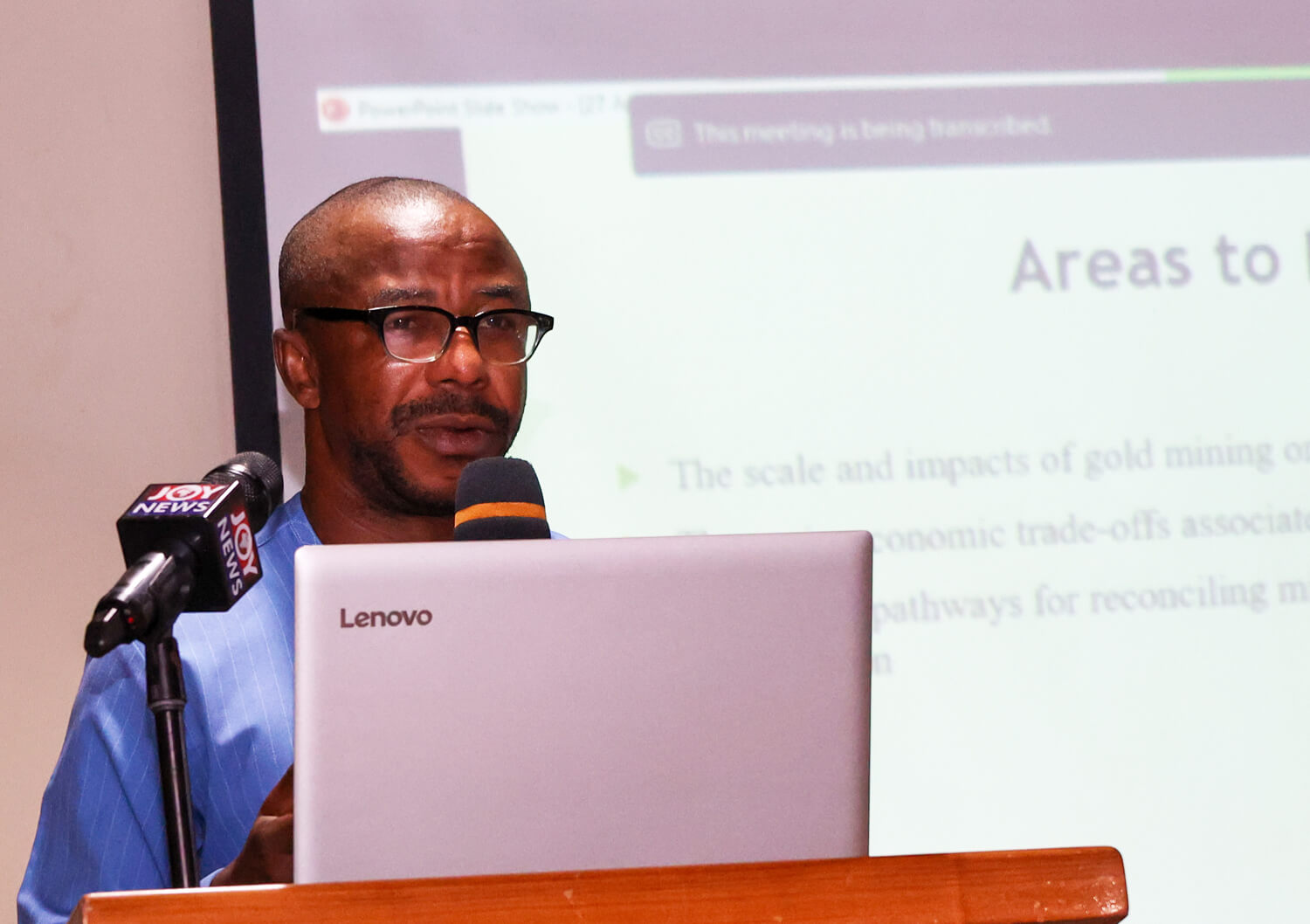
Prof. Debrah pointed out the short-term economic benefits that mining provides in some communities but warned of its unsustainable nature.
"In mining communities, economic activities may have increased, but I don’t see this prosperity lasting. The social fabric of these areas is being eroded by surface mining activities.
Our international reputation is at stake, as it becomes evident that we are prioritizing short-term gains over long-term environmental sustainability," he added.
He emphasized the need for engaging local communities to develop sustainable mining practices through education and collaboration.
"As a nation, we must make a concerted effort to restore our lands. Currently, our criticisms outweigh the measures we have put in place to combat illegal mining.
You cannot regulate something that is illegal. Therefore, we must take steps to legalize galamsey by revising our mining laws to accommodate small-scale miners.
Only then can we implement proper monitoring, evaluation, and enforcement frameworks," Prof. Debrah proposed.
The Annual General Meeting, organized under the theme "Mining in Forest Reserves in Ghana: New Developments and Way Forward," focused on practical solutions to address the destruction of forest reserves.
Dr. Abubakar Nantogmah Attah Esq., President of the Ghana Institute of Foresters, delivered a detailed presentation on the state of the Institute and underscored the importance of safeguarding forest reserves.
"Our forest reserves have significantly contributed to the nation's foreign exchange earnings, GDP, job creation, climate regulation, ecological functions, and the livelihoods of fringe communities. Protecting these reserves is crucial to the country's future," he stated.
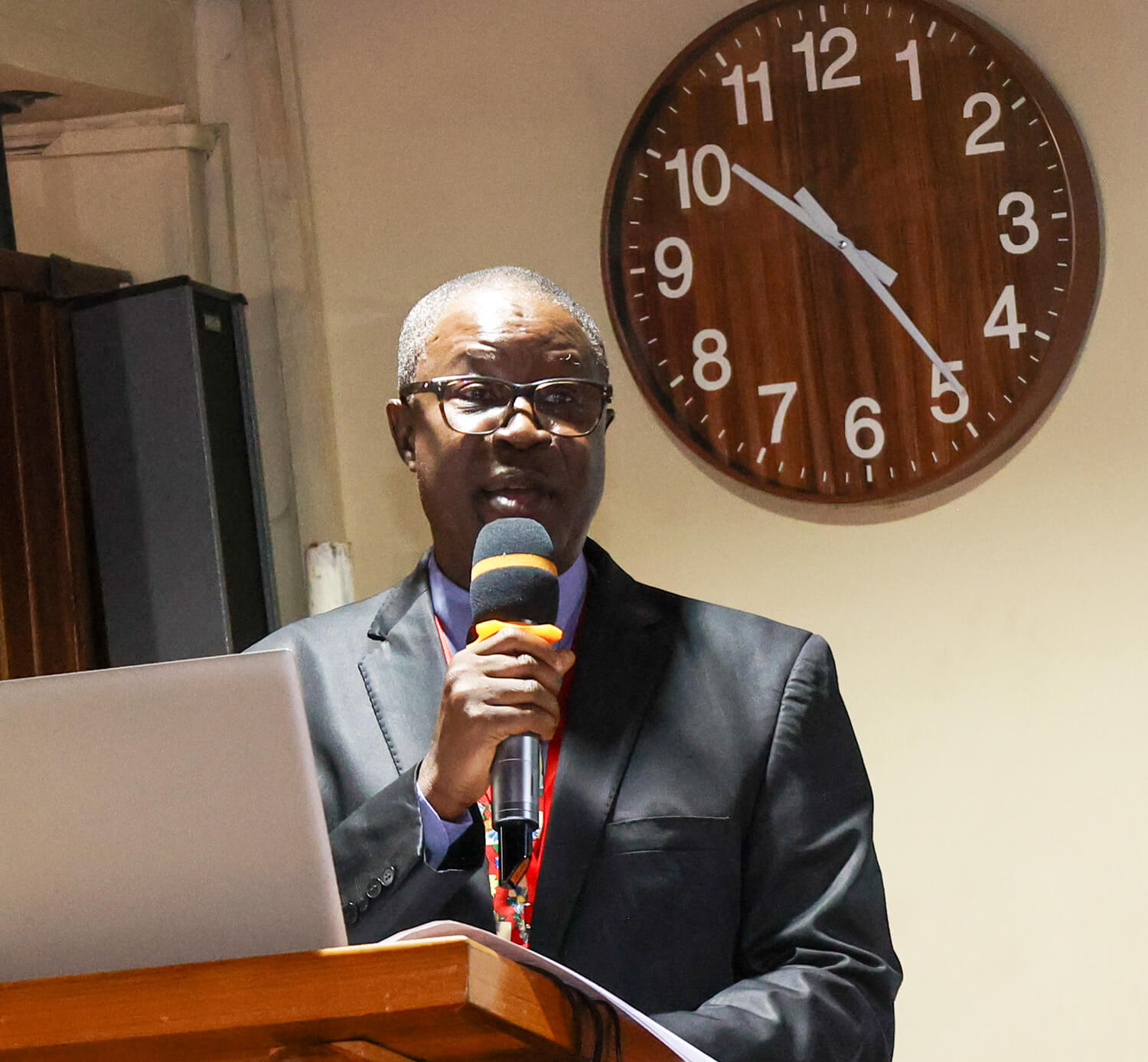
Prof. Benjamin Betey Campion, Dean of the Faculty of Renewable Natural Resources and chair of the event, echoed the critical role of forest reserves.
He elaborated on the current state of our environment and outlined strategies for overcoming the challenges threatening sustainability.
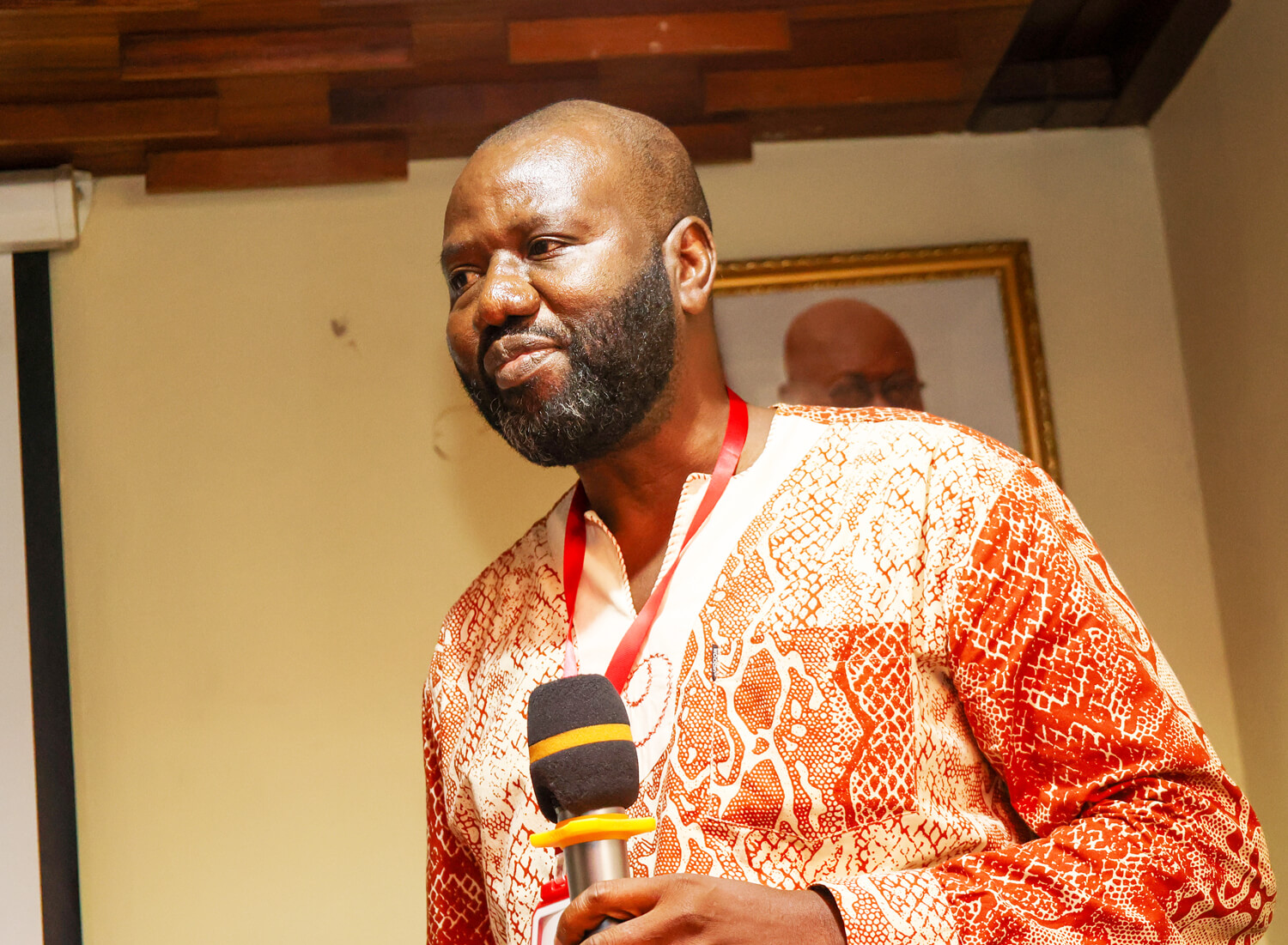
The Annual General Meeting served as a platform for experts, stakeholders, and policymakers to explore actionable steps to balance economic development with environmental conservation, ensuring a sustainable future for Ghana's natural resources.

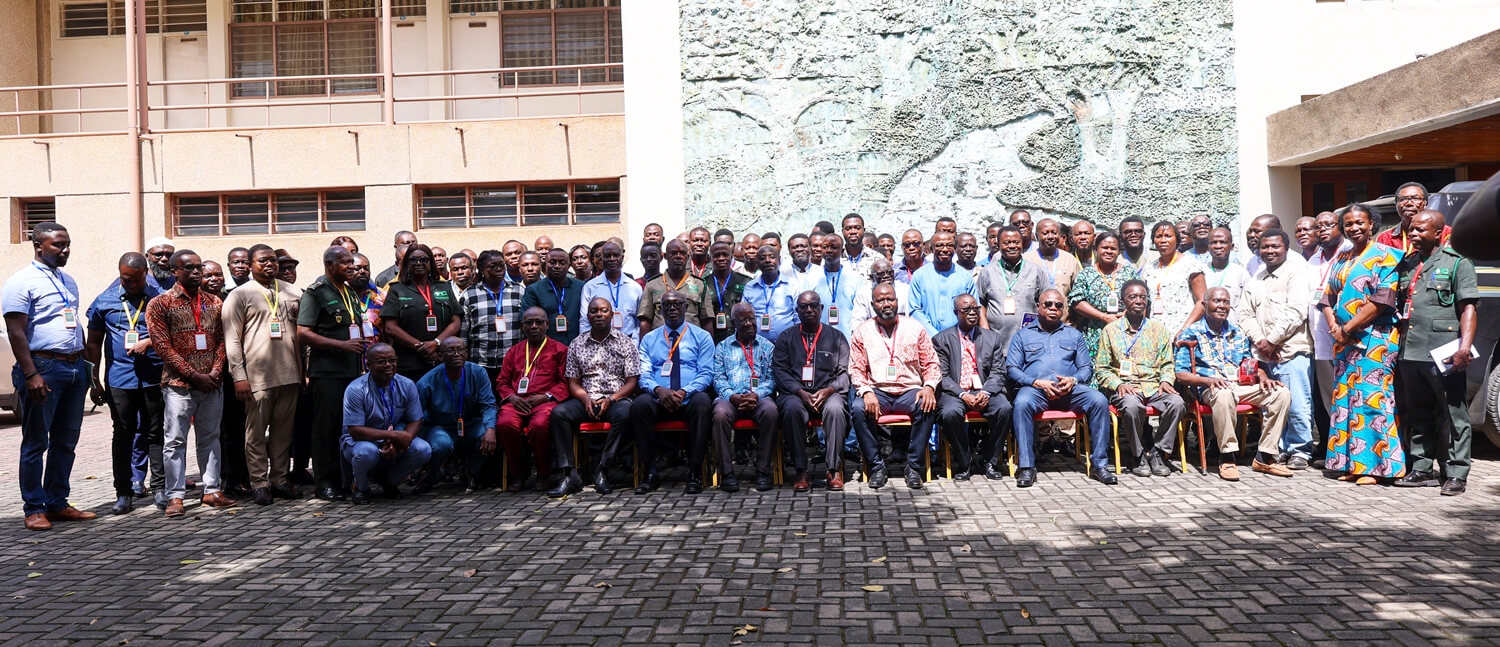
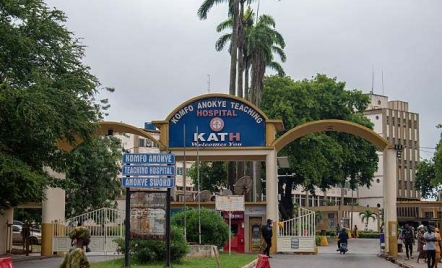
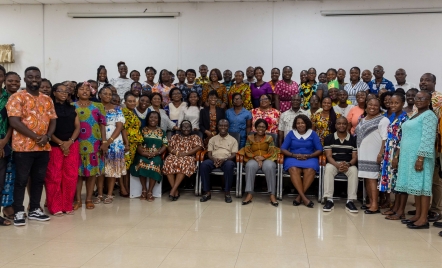
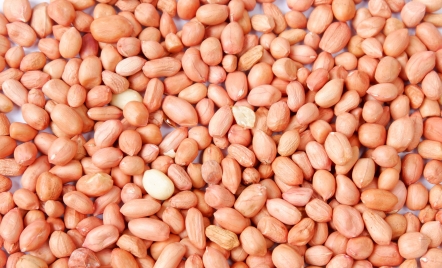
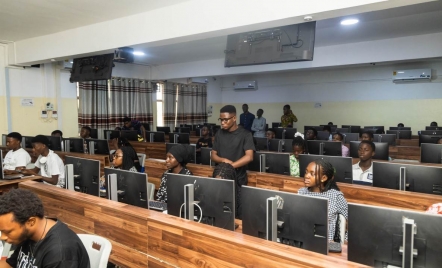
Comments